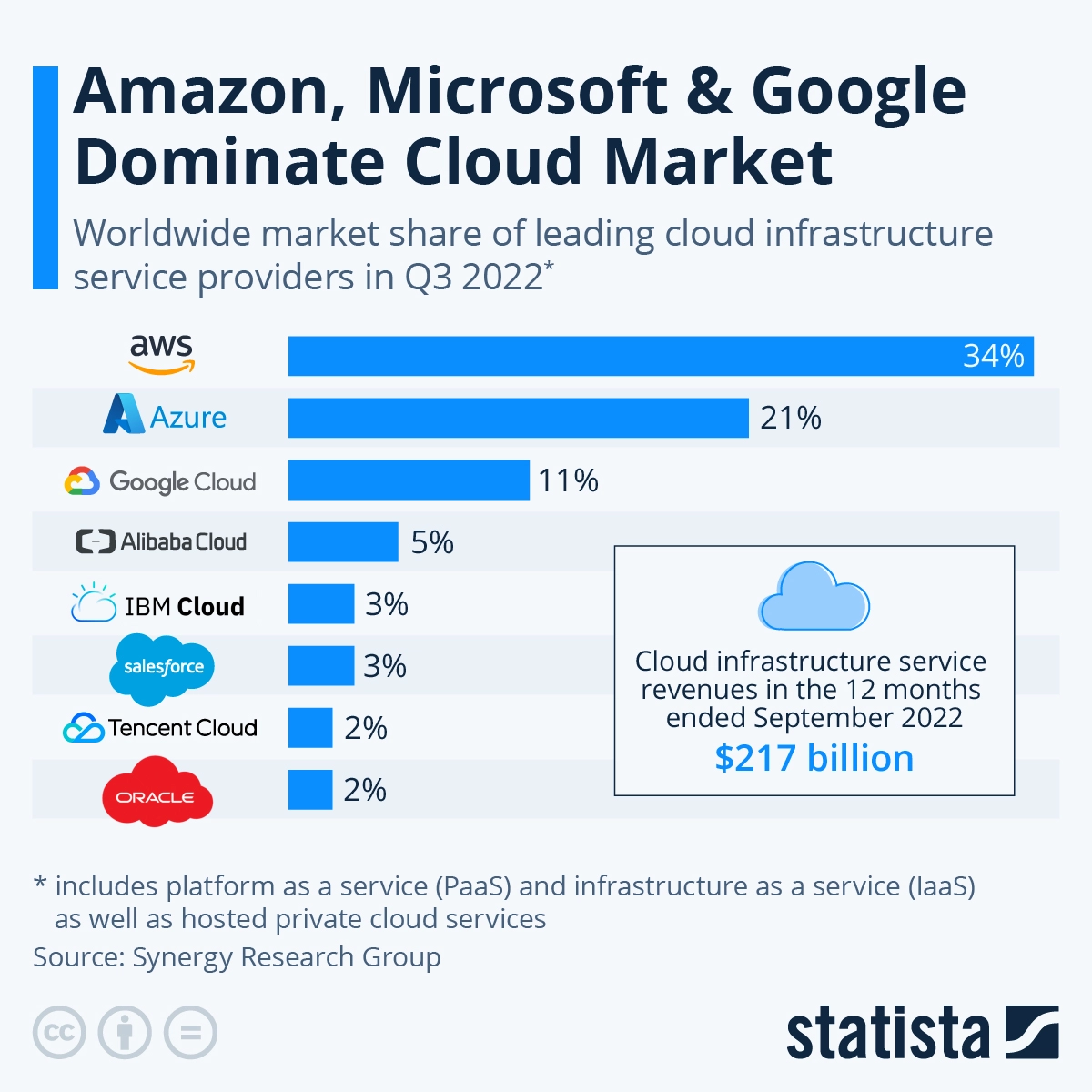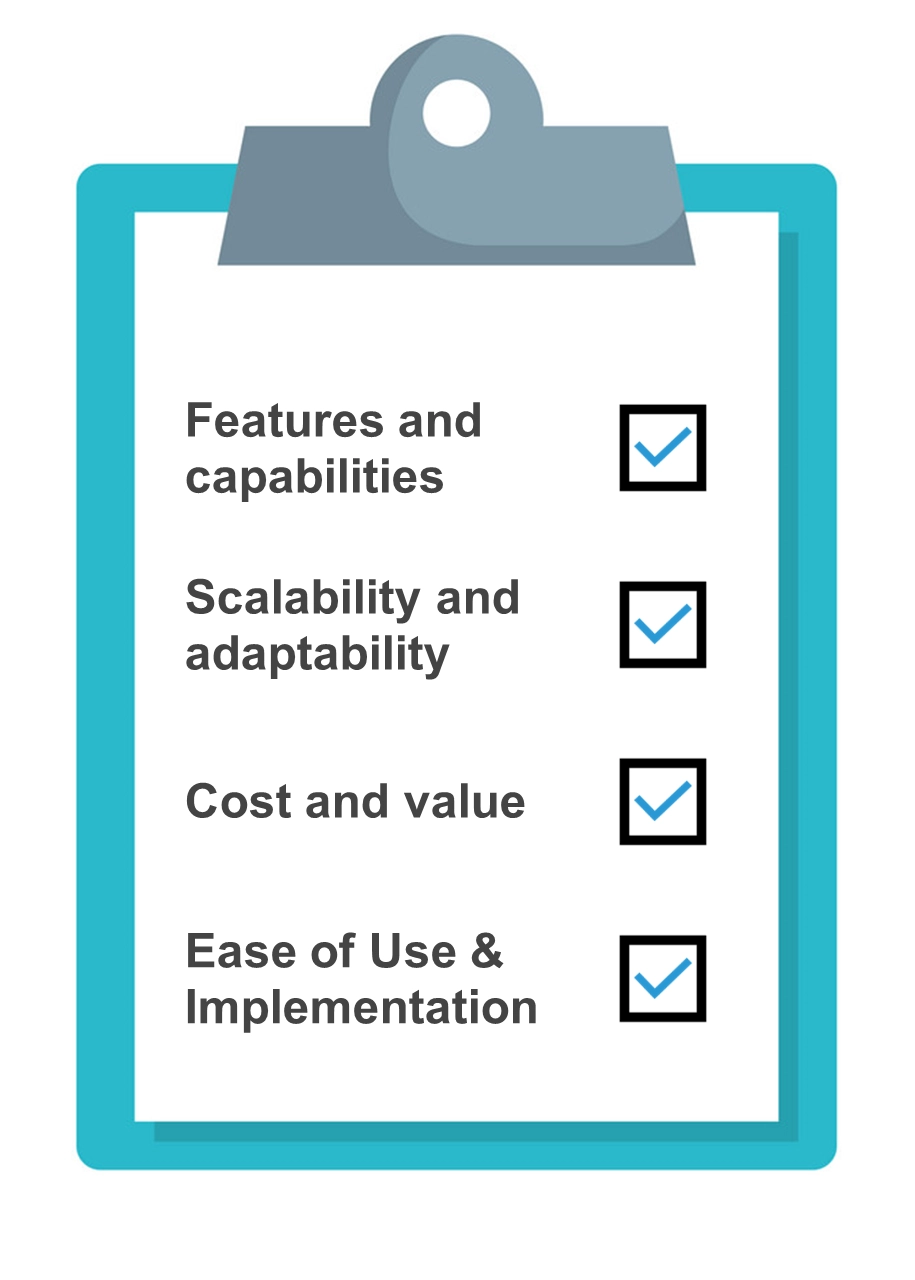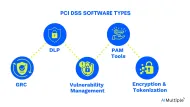Starting a tech business is an exciting and challenging journey. One of the essential components to the success of a tech startup is the technology stack. The tech stack refers to the set of technologies, solutions, and tools that a startup uses to develop, deploy, and improve its digital products and services. In simpler words, you cannot build tech without using tech.
So, which tech stack to choose? Given the tens of different options in each technology category, this can be a quite overwhelming task for startups. You need to consider all your business processes and decide which tools will facilitate each one of them. For startups, it can be helpful to have a standard list of common tools that works as a guide to assembling their tech stack.
In this article, we discuss the top digital solutions or tools that are necessary for any tech startup business to have as they start their journey.
> Pre-seed stage
Startups need these solutions as they start to build their solution and gain initial customers.
1. Application development platforms
A startup needs to build a tech solution which could be accessed via mobile, desktop, tablet or other devices.
Startup founding teams with limited technical experience can rely on no-code or low-code platforms to rapidly build Minimum Viable Products (MVPs) that they can test with their initial users.
Check out our articles for the top no-code and low-code software platforms and the buyer’s guide.
More technically adept teams can rely on code-based platforms to build their solutions.
2. Cloud computing
Startups’ solutions need to be hosted on an infrastructure. There are probably no startups built today without using some form of cloud infrastructure.
Cloud computing allows startups to store and access their digital data and applications over the internet without the need for maintaining servers. It significantly reduces infrastructure costs in the short term and provides on-demand scalability.
For instance, a mobile gaming startup would require cloud computing to manage the large amount of data generated by its users. Working with a cloud infrastructure service provider could enable the startup to scale the infrastructure based on the number of users, making it more significantly cost-effective. Currently, Amazon Web Services (AWS) , Microsoft Azure, and Google Cloud dominate the cloud market (Figure 1).
To learn more, check out our article on Azure Orchestration Tools as a way to maximize efficiency in cloud operations.
Figure 1. The cloud infrastructure landscape

3. Productivity & workflow tools
These tools provide a comprehensive solution for managing tasks, projects, and team collaboration. For instance, with visual boards and cards, teams can organize and prioritize tasks, assign owners, and set deadlines. Cloud-based workflow management tools offer a centralized platform to manage tasks, projects, and workflows, as well as to automate processes and track progress. Together, productivity and workflow management tools help start-ups streamline their work processes, improve team productivity, and achieve their business goals more efficiently. Some of these tools include:
- Trello
- monday.com
- PowerApps
Click here for the complete list of workflow management software.
4. Communication tools
An efficient communication tool is essential for any startup’s success. A platform offering real-time messaging, voice, and video communication, makes an ideal solution for remote teams to collaborate and stay connected.
Sophisticated communication tools also offer various productivity tools, including email, document sharing, and video conferencing, enabling teams to communicate and collaborate seamlessly. Such tools streamline scheduling by providing a simple way to schedule meetings and appointments, eliminating the need for back-and-forth emails.
Together, these tools provide a comprehensive communication solution that helps startups streamline their work processes, improve team collaboration, and boost productivity. Some communication tools include:
- Google Workspace
- Discord
- Calendly
5. Content management software (CMS)
Startups need to get the word out. The first place to start that is the startup’s website. A startup company needs content management software to manage its content effectively and efficiently. These tools:
- Provide a centralized platform making it easy for teams to collaborate and work together on projects
- Enable teams to create, organize, and share documents
- Create and distribute marketing materials
- Help startups optimize their content for search engines
Together, these tools provide a comprehensive content management solution that helps startups create, organize, and distribute content more efficiently, improving their marketing efforts and, ultimately, their business success. Some popular CMS vendors include:
- WordPress
- Confluence
- Seismic
- Conductor Searchlight
Check out our data-driven list of Content Management Software (CMS).
6. Customer Relationship Management (CRM)
Though most companies initially track customers on spreadsheets, sooner or later they need to migrate their customer relationship management to a CRM platform.
Customer Relationship Management (CRM) is a software solution that allows businesses to streamline customer-related business functions and improve the customer’s overall experience. As the CRM landscape grows (Figure 2), the solution has become a must-have for all businesses.
For example, a tech startup that sells a software tool for managing social media campaigns can benefit from a CRM solution in the following ways:
- Centralized customer management: Keep track of all leads, prospects, and customers in one central location.
- Simplified customer retention: Easily record all interactions with each customer, including emails, phone calls, and meetings, and set reminders for follow-up tasks.
- Detailed analytics: With real-time analytics and reports, the team can track their progress and identify areas for improvement.
Some popular CRM solutions include:
For those interested, here is our data-driven list of CRM solutions.
Here is also our CRM pricing guide for those who are planning to buy a CRM tool.
Figure 2: Customer relationship management software market growth

7. Analytics and business intelligence
Almost no successful startup reached its goals without pivoting a few times. Pivoting based on insufficient data can derail a startup. Analytics is critical for startups to make data-driven decisions.
Analytics and business intelligence (BI) tools allow businesses to collect, analyze, and interpret data to make informed decisions. Startups can use such solutions to gain insights into their operations, identify trends, and implement continuous improvement in their processes.
A tech startup should consider the following while selecting a business analytics platform:

7.1. Features and capabilities
To make sure that the business analytics software satisfies their unique needs and requirements, the startup should assess the features and capabilities of the software. In addition to making sure the software can integrate with their current data sources and platforms, they should take into account features like data visualization, predictive analytics, and reporting.
7.2. Scalability and adaptability
A tech startup should select software based on how scalable and adaptable it is. Tech startups go through various changes till their business becomes stable. The software should be adaptable to the changing requirements of the business and be able to handle growing numbers of users and data.
7.3. Cost and value
Every responsible tech startup has a spending plan. The cost and value of the business analytics software should align with that plan and provide a positive return on their investment. They should consider the initial and ongoing costs of the software in addition to any potential benefits and return on investment.
7.4 Ease of use and implementation
Chances are not all your employees are tech-savvy programmers. Therefore, the analytics software should be simple to use, require minimal technical expertise, and be easy to implement. A user-friendly interface and clear documentation support are features that will help the startup quickly get up and running.
Some popular analytics and business intelligence tools include:
- Google Analytics and Google Data Studio
- Domo
- IBM Cognos Analytics
- Tableau Server
Click here to see the complete list of business analytics platforms.
> Seed / Series A stage
Growing companies will require additional solutions as they scale.
8- DevOps Tools
Once startups start to mature, efficiency becomes important and DevOps tooling can improve developer efficiency.
DevOps is a set of practices that combine software development (Dev) and IT operations (Ops). DevOps tools enable tech startups to streamline their development and deployment processes, reducing errors and downtime, and improving collaboration among teams.
While selecting the right DevOp tools, tech startups can consider the following factors:
- Integration with existing tools and infrastructure
- Scalability and flexibility to adapt to the startups changing needs
- Ease of use and learning curve to ensure teams can adapt to them fast
You can also work with the following DevOps as a Service provides to simplify this process:
- Jenkins
- Ansible
- Travis
Explore more DevOps solutions.
9. Payment gateway integration
Most startups focus on serving retail users or SMEs. As a result, as they grow, they will be serving a high number of users and will need to provide simple payment options.
Payment gateway integration is a technology that allows businesses to accept online payments through different payment methods. For instance, it can be an essential tool for startups that work with overseas customers.
Suppose a tech startup incorporates a payment gateway system into its mobile app for scheduling and managing appointments with local service providers. As a result, they can safely process online payments from their customers using different payment methods, such as credit/debit cards, bank transfers, and digital wallets.
The startup can offer its customers a simple and secure payment experience thanks to the payment gateway system, which fosters greater customer loyalty and trust and streamlines the payment process, reducing the administrative burden of manually managed payments.
You can also use the following payment API solutions:
- ShipStation API
- Microsoft Payment Request API
- Facebook Payments Webhooks API
You can also check our data-driven list of payment APIs to find the option that best suits your business.
10. Mobile app development platforms
Mobile apps offer a convenient and accessible way for customers to interact with startups’ products or services. They also enable a seamless and enjoyable customer experience by providing features such as easy navigation, quick access to information, and an intuitive design.
For instance, a tech startup that delivers customized meals to customers can incorporate an app development software into its tech stack. Due to this, it can quickly develop and roll out a mobile application that lets users order meals, specify their dietary needs, and monitor deliveries in real-time.
The startup can reduce the amount of time and money it spends on front-end development thanks to the app development software, which also enhances customer satisfaction.
Some popular app development software include:
To compare the best app development software on the market, check out our data-driven list.
11. Cybersecurity Solutions
Startups’ risk of cyber attacks rose 14% from 2021 to 2022. Tech startups need to be prepared before entering the highly vulnerable market (Figure 3).
Figure 3: Cyber threat index (Startup edition)

Cybersecurity solutions include tools that protect businesses from online threats such as cyberattacks, data breaches, and malware. Startups that prioritize cybersecurity can protect their sensitive data and start a trustable relationship with their customers.
Some popular cybersecurity tools include:
Our data-driven cybersecurity hub offers a vast range of lists comparing the best solutions and tools to help you make your business more secure.


Comments
Your email address will not be published. All fields are required.